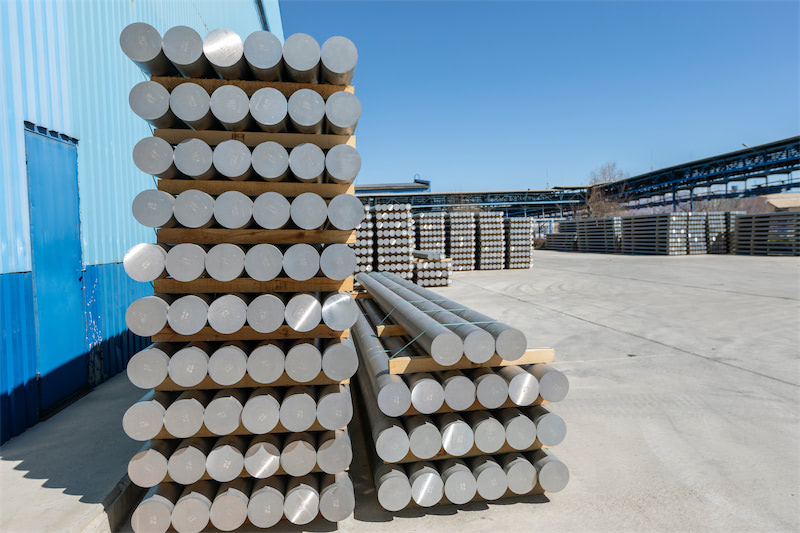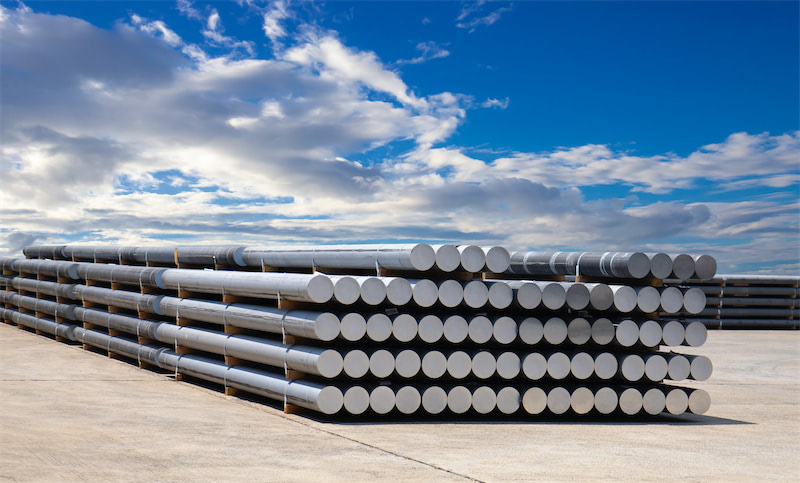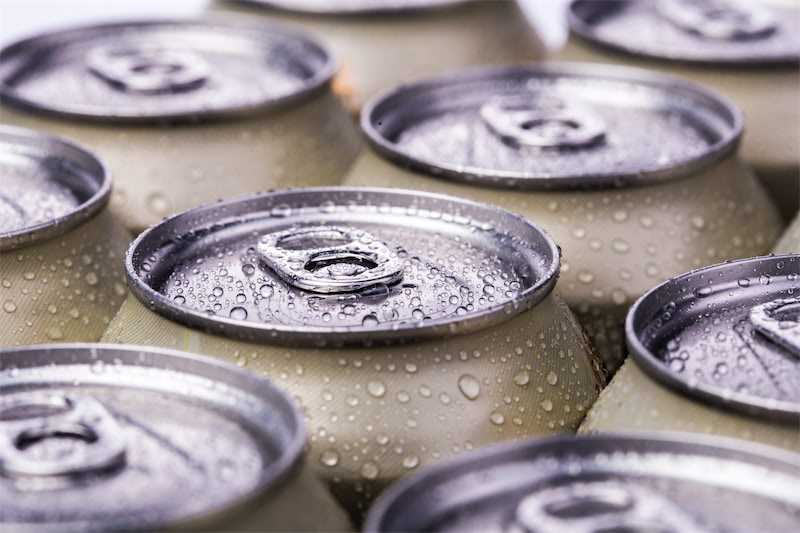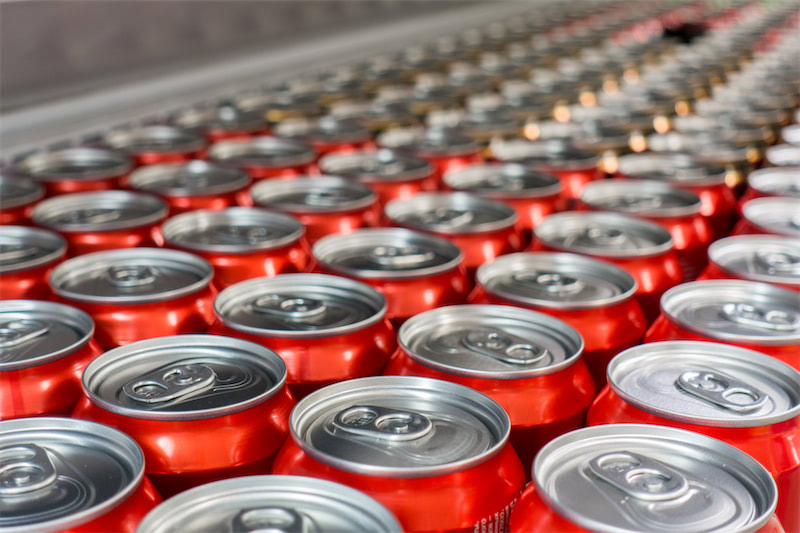SMM1, 11 March: the global aluminum market is overcapacity due to non-market forces and government support, according to a report released Tuesday by the Organization for Economic Cooperation and Development (Organization for Economic Cooperation and Development). There seems to be real concern about the impact of global competition and the design of trade rules designed to constrain government support.
However, the survey found that China and the members of the Gulf Cooperation Council (Gulf Cooperation Council), including Saudi Arabia, Kuwait, the United Arab Emirates, Qatar, Bahrain and Oman, were particularly affected. The report looks at the 17 largest companies operating on the aluminium value chain, which account for more than half of global smelting capacity. The researchers found that the companies received a total of $70 billion in government support between 2013 and 2017. Although all 17 companies received some form of support, this support was very concentrated, with the top five companies receiving 85 per cent support, most of which were aimed at the smelting phase of the value chain. OECD also found a key difference in the nature and scale of the support received.
Chinese companies, for example, have received full support from the Chinese government, especially financial subsidies, which have greatly benefited Chinese producers. Most of the other enterprises involved in the study were multinational corporations, which received support in different locations, mainly non-financial support, in a small number.
The OECD found that China's state-owned banks provided the vast majority of financial support to China's aluminum state-owned enterprises. But the support of state-owned banks has also benefited two private companies: China Hongqiao (China Hongqiao), the world's largest primary aluminium producer, and Zhongwang (China Zhongwang), China's largest maker of extruded products.
In addition upstream subsidies to smelters provide significant support for downstream activities. "throughout the value chain, upstream subsidies also provide important support for downstream activities, such as the production of semi-finished aluminium," the report said. " The results of the analysis have two effects on the design of trade rules: government support needs to be understood from the perspective of value chain, because upstream support has the effect of supporting downstream production; The OECD concludes that subsidy rules need to better take into account the influence of the state on the dual role of state-owned enterprises as recipients and providers of support, and what this means for transparency of support policies, including WTO.
The report notes that the United States began imposing a 10 per cent Article 232 tariff on aluminium imports in March 2018, but says it is too early to assess the impact, if any, of these tariffs on aluminium trade.
(note: if copyright issues are involved, please contact SMM and we will deal with "View the original text" in a timely manner)



